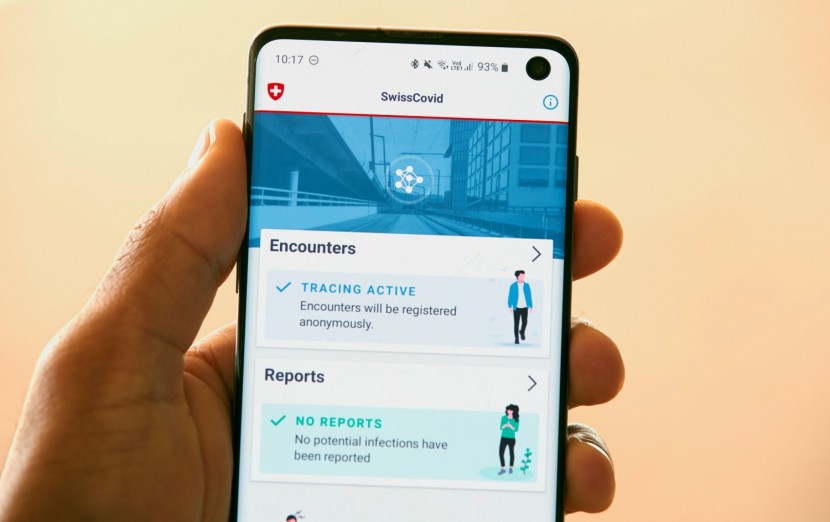
Amid the continuous spread of the COVID-19 disease, several tech giants have launched smartphone applications that alert the users if someone who tested positive with the disease is within the proximity and contact tracing apps which traces everyone someone has interacted with upon contracting the coronavirus.
The development of these apps was aimed towards making contact tracing of COVID-19 patients easier. Contact tracing is one of the key strategies in mitigating the spread of COVID-19 according to the Centers for Disease Control and Prevention (CDC).
However, the process of contact tracing is tedious when done manually, it involves interviewing COVID-19 patients and helping them recall every person they came in contact with, within the virus' incubation period. Thus, through the help of technological advancement, the applications were made as an attempt to lighten the workload of public health workers and contact tracers.
Only recently, BBC reported that Google and Apple are already working together in developing a smartphone software which alerts the person if there is any risk of infection nearby.
These applications often use Bluetooth technology in helping public health officials in data gathering through connecting the devices to each other while the GPS also allows them to track the person's movements. Through this, Bluetooth technology helps identify possible transmission of the disease from one person to another, while the GPS can track the previous locations of the patient and will help the officials track possible zones of transmission.
However, come May 2020, with the increasing number of these apps and tech giants already working together, conspiracy theories about the applications begun to surface. Several Facebook posts claiming that the said applications are being used in order to gain access to people's personal information.
Moreover, it was stated on the claims that the apps access contact information from the person's contact list in order to track, identify, and locate someone.
But these speculations have been repeatedly called off since tech companies have insisted that the app gives the user a choice and gives them control over the data that they release in order to ensure their privacy. According to Jaxenter, tech companies have also insisted that the information in the application is encrypted and that these information are safe from fraudulent activities, thieves, and even from the government.
On top of this, Fact-checking site Snopes.com compiled the information about these apps that may enlighten people before resorting to theories and believing what they saw in social media.
The Truth
The mobile applications that have been developed either uses Bluetooth or GPS technology, sometimes both in order to trace the location of users, if and only if the app user allows it. The said information is used by public health workers in determining contact patterns, high-risk areas, possible infected individuals, and transmission zones.
The Lies
Contrary to the claims in social media and by other conspiracy theorists, the applications' sole purpose is to trace the people that the user had personal contact with. Thus, the applications do not have access to contact information stored in the user's phone, unless the user gives permission voluntarily. Moreover, the location and identity of those in the user's contact list cannot be tracked unless that person has also installed the application on his or her phone.
What remains unclear?
Since many of these applications have only been recently developed, some of them are just in the testing face, thus the effectiveness remains undetermined.
Related article : Apple, Google Builds App to Detect When Someone With Coronavirus is Near
© 2025 HNGN, All rights reserved. Do not reproduce without permission.








